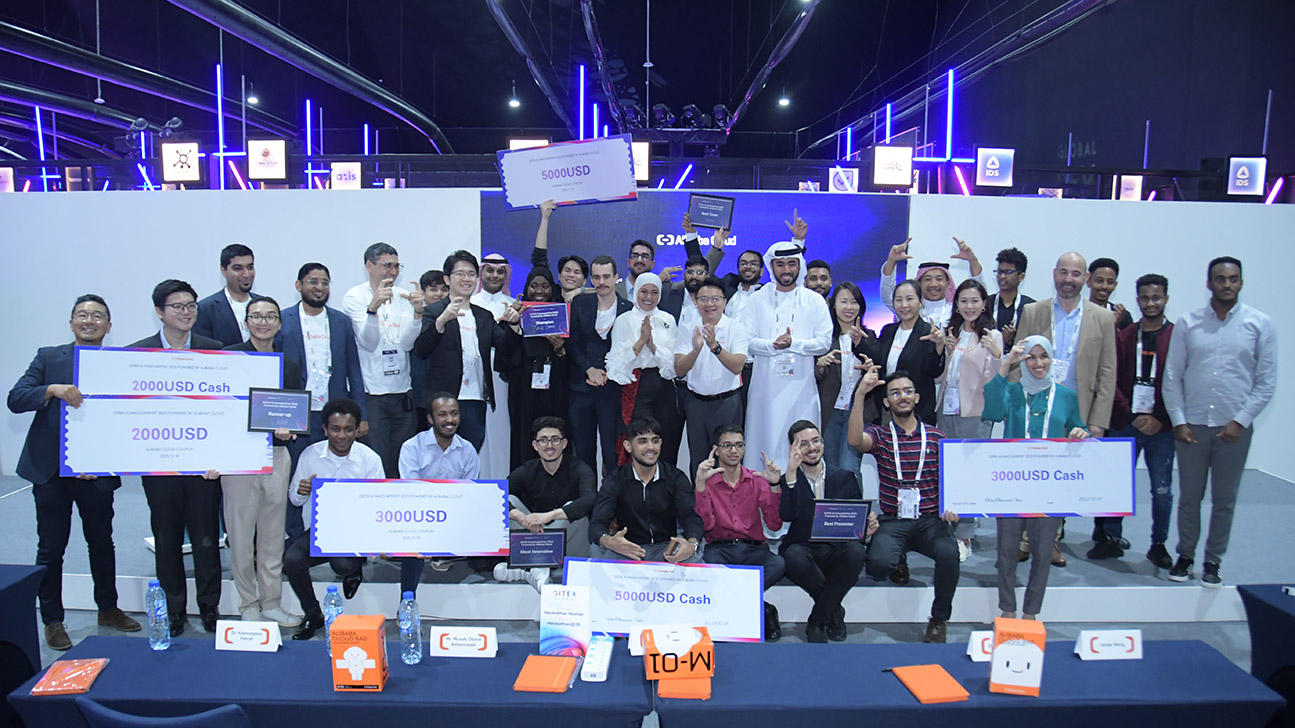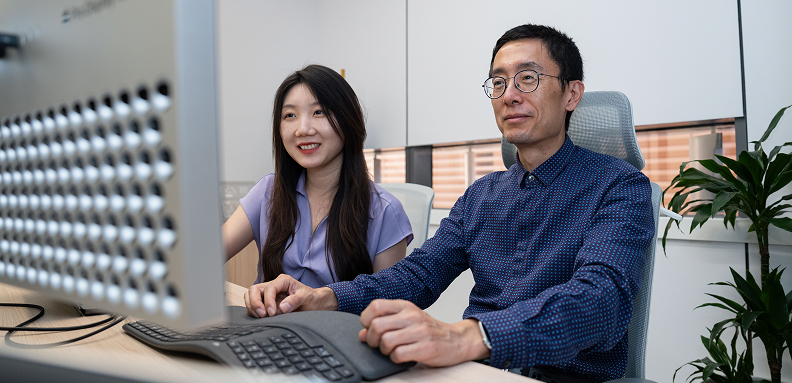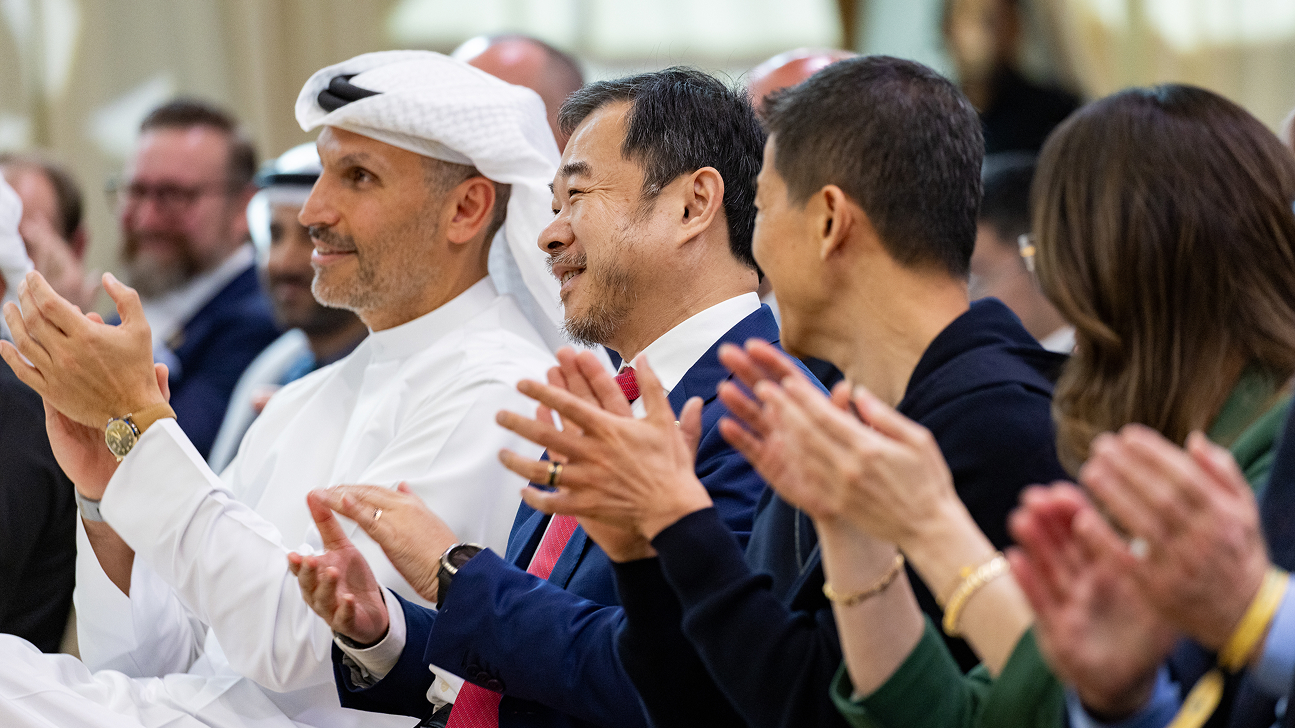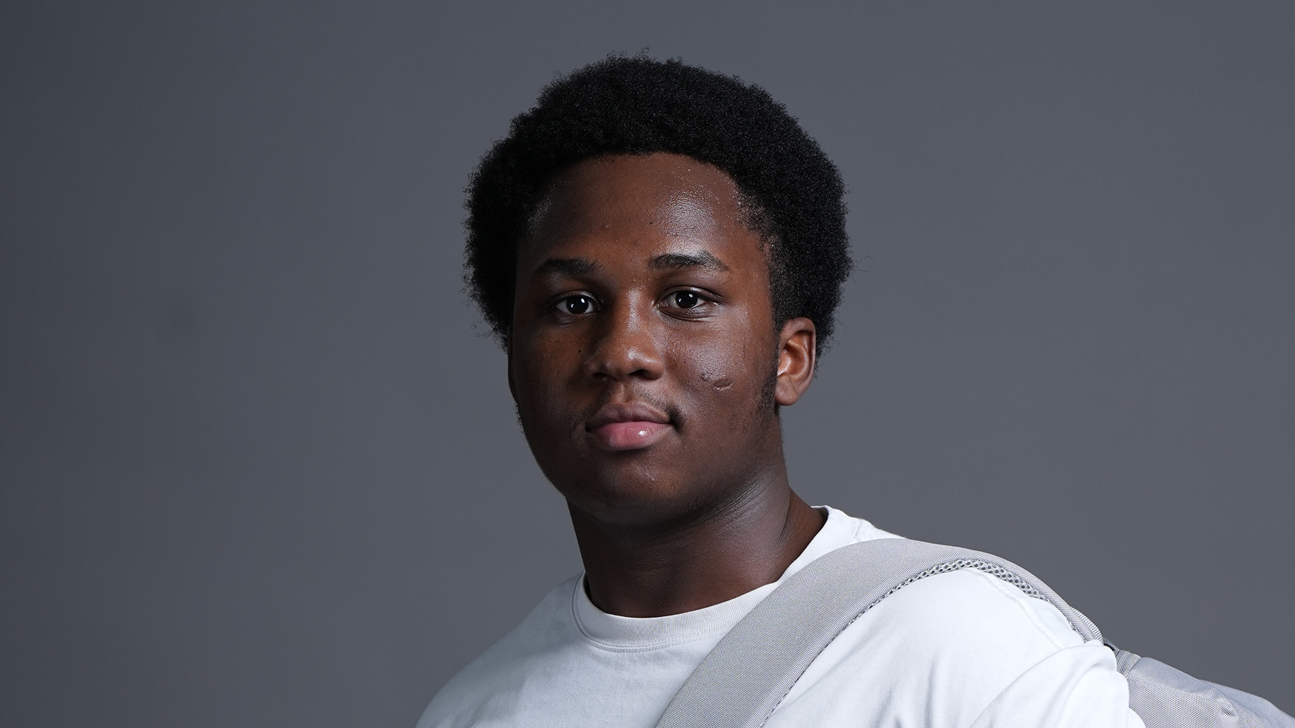MBZUAI students sweep top spots in Alibaba Hackathon
Wednesday, November 22, 2023

The top three awards at the Alibaba AI Hackathon held in October in Dubai went to teams made up of students from MBZUAI. The hackathon was part of the GITEX Global AI InnovateFest, one of the largest technology conferences in the world, and was held at Khalifa University in Abu Dhabi.
The theme of the hackathon was “Transforming Industries with Generative AI.”
First place was awarded to a project called TalkTrain, led by Kane Lindsay and Hawau Olamide Toyin, both master’s students at MBZUAI. TalkTrain is a smart business assistant designed to help people practice and prepare for public speeches and presentations.
Second place went to Anaaya, a generative AI application that is built to predict adverse drug interactions based on information about patients. Anaaya was developed by Mai A. Shaaban, a Ph.D. student at MBZUAI, and Anees Ur Rehman Hashmi, a master’s student at MBZUAI.
A virtual museum tour guide developed by MBZUAI master’s students Thanh-Cong Ho and Duy-Khai Doan came in third place in the competition.
Presentation practice makes perfect
With TalkTrain, first-place winners Lindsay and Toyin wanted to create an application that used generative artificial intelligence to replicate how a human might coach someone who is preparing to give a presentation, including asking subject-specific questions. Lindsay’s research focuses on 3D reconstruction and Toyin studies natural language processing. TalkTrain combines both fields in the form of an avatar that helps users improve their presentation skills. Lindsay and Toyin are affiliates of MBZUAI’s Metaverse Lab.
“I found the experience to be very demanding but equally rewarding,” Lindsay said. “The competition was an opportunity to put our academic and research knowledge to the test in an intense practical setting.”
While Lindsay and Toyin were exposed to new technology platforms, Lindsay noted that a key benefit from his experience related to “soft skills, like time management, delegation, public speaking and presentation skills.”
Preventing adverse drug reactions
Adverse reactions to medicines lead to many deaths around the world every year and they are difficult for physicians to predict due to patients’ varied clinical histories, genetics, diets and other factors. Hashmi and Kassem’s chatbot Anaaya — which means “healthcare” in Arabic — is designed to help physicians make better decisions about how to prescribe medicines to patients. It uses a technique called retrieval augmented generation which provides the capability of retrieving information from a large-language model and generatting appropriate responses for physicians. Both Hashmi and Kassem are members of the BioMedical Image Analysis (BioMedIA) lab at MBZUAI. In developing Anaaya, the team was motivated by their research interests and by their personal experiences with family members having adverse reactions to medicines.
“Hackathons and their constraints are demanding,” Hashmi noted, “but this hackathon provided us with an incredible experience, offering us opportunities for learning, networking and solving challenging tasks. The people we met were from diverse backgrounds, which provided many opportunities for the exchange of ideas.”
Assisting culture exchange
Museums are forums to learn about other people and their cultures, but sometimes exchange doesn’t happen as easily as it could.
Visitors often encounter language barriers. They might try to hire a local guide, but in some museums, there aren’t enough guides. And in some cases, try as they might, guides might not have all the correct information about a museum’s holdings.
The Virtual Museum Tour Guide seeks to address these challenges by providing museum visitors with an artificial intelligence application that can provide accurate information about a museum’s collection. The creators of the application, Ho and Doan, built on their experience in natural-language processing, speech recognition and object detection.
The application allows users to capture images of objects or QR codes with a camera phone. “The system then automatically recognizes the object and provides relevant information and users can also interact with the system by asking questions for further clarification,” Ho said.
“Our journey in the hackathon was greatly facilitated by supportive mentors who assisted us in troubleshooting cloud-related challenges and provided valuable feedback during the initial pitch,” Ho said. “These insights contributed significantly to our project’s enhancement before the final presentation.”
Life after hackathon
In recognition of their top placements in the hackathon, all three teams were invited to Alibaba’s Aspara conference in Hangzhou, China.
“I encourage other students to try this kind of competition given the opportunity,” Lindsay said. “No matter the result you get, you will improve your transferrable skills and you can expand your professional network.”
Related
Not just another deck: how MBZUAI’s okkslides is redefining executive communication
The MBZUAI startup is turning messy research and organizational context into decision-ready narratives with a human-in-the-loop AI.....
Read MoreMBZUAI marks five years of pioneering AI excellence with anniversary ceremony and weeklong celebrations
The celebrations were held under the theme “Pioneering Tomorrow: AI, Science and Humanity,” and featured events, lectures,.....
- celebration ,
- five year anniversary ,
- ceremony ,
- event ,
- board of trustees ,
- campus ,
- students ,
- faculty ,
Youngest MBZUAI student sets sights on AI superintelligence at just 17
Brandon Adebayo joined the University’s inaugural undergraduate cohort, driven by a passion for reasoning, research, and the.....
- engineering ,
- student ,
- Undergraduate ,


